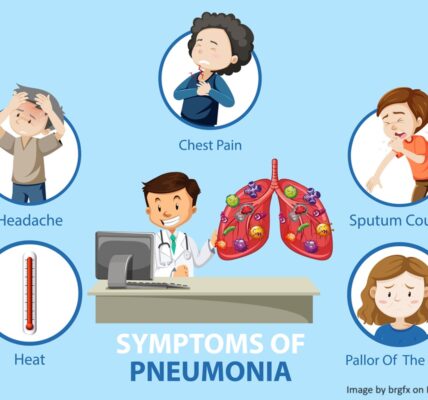Workplace Flexibility Initiatives Show Significant Cardiovascular Health Benefits, Especially for Older, Lower-Wage Employees
In a groundbreaking study on cardiovascular health conducted by the Harvard T.H. Chan School of Public Health and Penn State University, the positive impact of workplace flexibility has been highlighted. The research, published in the American Journal of Public Health, reveals that implementing interventions to enhance work-life balance can substantially reduce the risk of cardiovascular diseases, particularly for older employees and those with lower wages.

Led by renowned epidemiologist Lisa Berkman, PhD, the study focused on two diverse groups of employees: one from an IT company with moderate- to high-salaried workers, and another from a long-term care facility predominantly comprising female caregivers with lower wages. The randomized study, conducted from 2009 to 2013, demonstrated that workplaces fostering autonomy, balance, and support positively influenced cardiovascular health.
Orfeu Buxton, PhD, co-author and professor of biobehavioral health at Penn State, emphasized the enduring relevance of the findings, especially in the post-COVID-19 landscape. He highlighted the potential risks associated with employers reverting to traditional time-focused work structures, citing potential repercussions such as high turnover rates and reduced productivity.
The study implemented workplace programs aimed at striking a healthy balance between professional and personal lives. These programs included online and in-person training sessions for supervisors, equipping them with tools to support employees’ personal and familial obligations while maintaining high work performance standards. Additionally, collaborative team meetings facilitated discussions on ways to empower employees with more control over their schedules and reduce low-value tasks.
The interventions proved particularly beneficial for employees at higher risk of cardiovascular health, notably older individuals. The results indicated a substantial decrease in the risk of heart disease, equivalent to five to 10 years of age-related cardiometabolic changes. The study emphasizes the importance of working conditions as crucial determinants of overall health.
Lisa Berkman highlighted the broader implications of the study, noting its potential significance for low- and middle-wage workers who often have limited control over their schedules and face greater health inequities. By mitigating stressful workplace conditions and work-family conflicts, the study demonstrates that improvements in employee cardiovascular health can be achieved without compromising productivity.
The findings underscore the need for a paradigm shift in workplace culture, promoting flexibility and respectful treatment of employees to enhance productivity and reduce turnover. As workplaces navigate the challenges post-pandemic, this research advocates for the lasting implementation of initiatives that prioritize employee well-being and contribute to a healthier and more productive work environment.
Source:
American Journal of Public Health: “Employee Cardiometabolic Risk Following a Cluster-Randomized Workplace Intervention From the Work, Family and Health Network, 2009-2013.”
Harvard T.H. Chan School of Public Health: “Increasing workplace flexibility associated with lower risk of cardiovascular disease.”
Orfeu Buxton, PhD, Professor of Biobehavioral Health, Penn State University.
Leila Haghighat, MD, Cardiologist, San Francisco.
Image: pexels – Matthias Zomer




